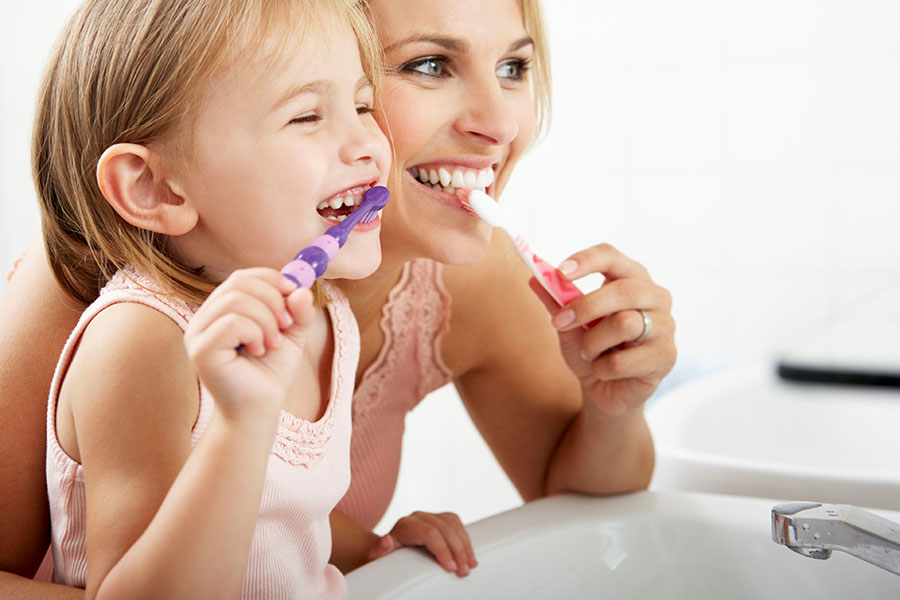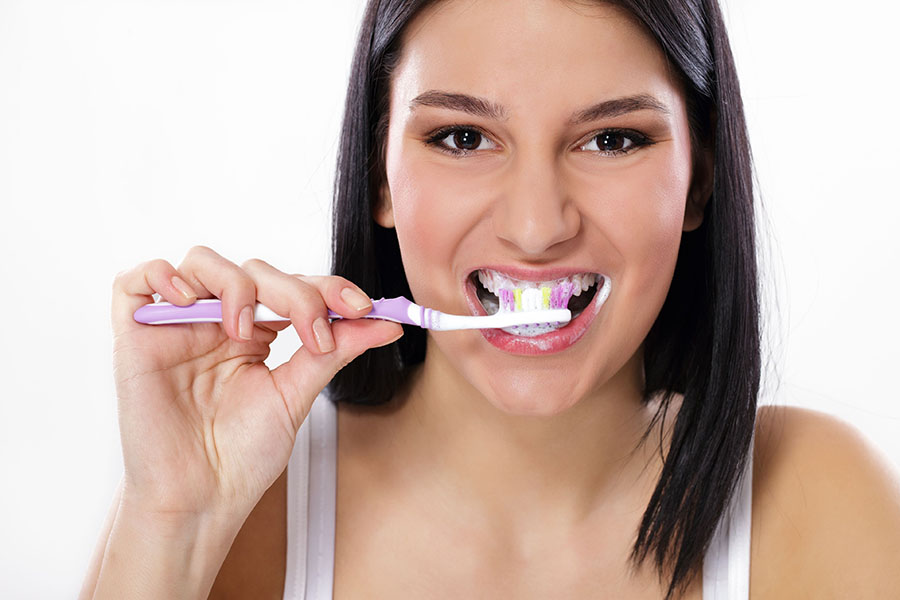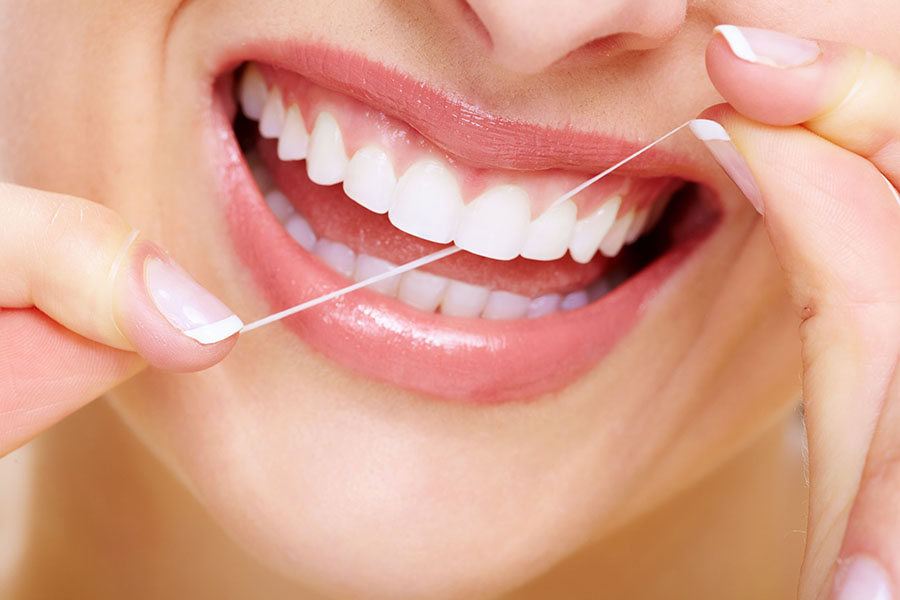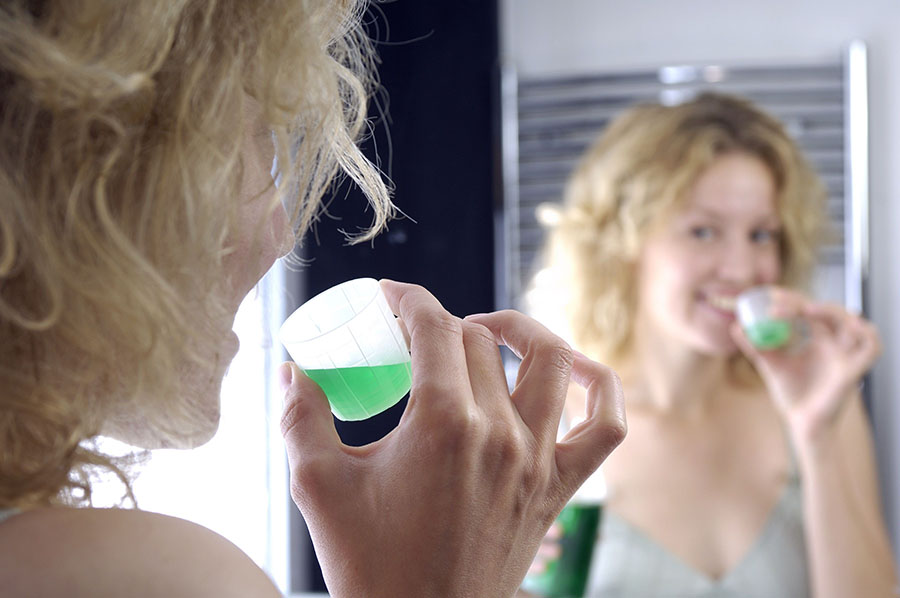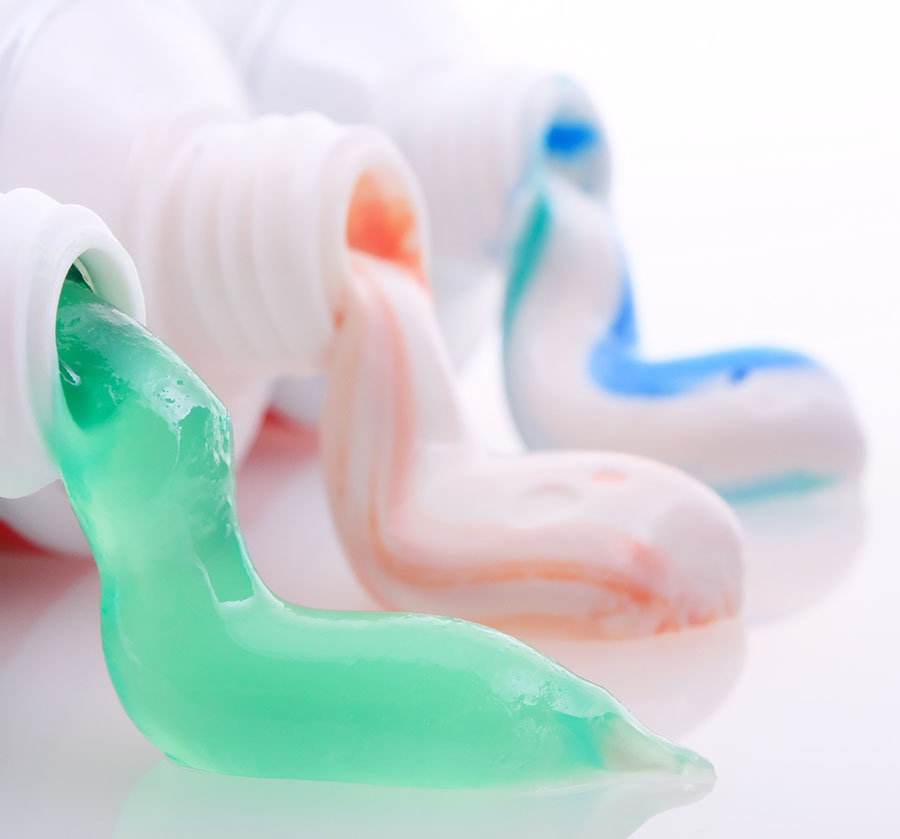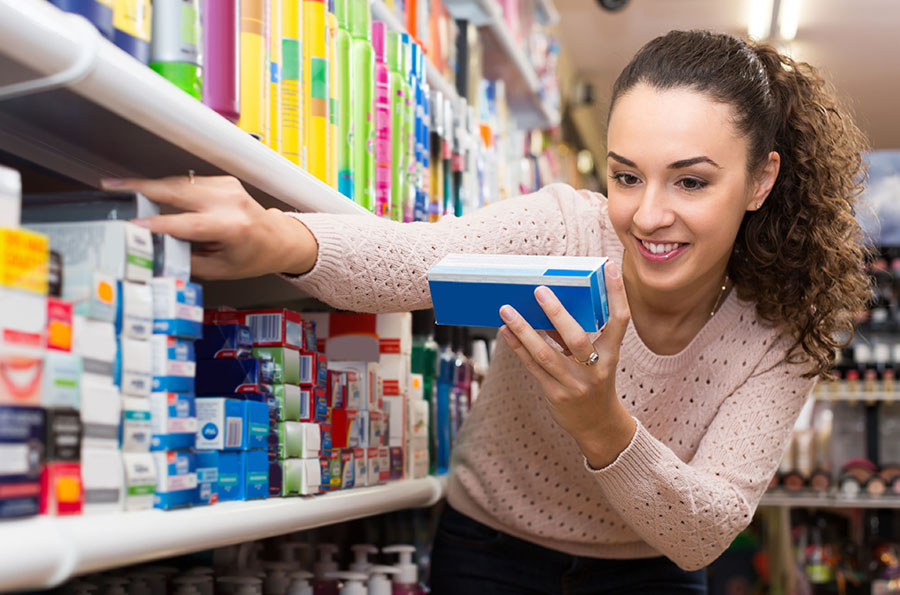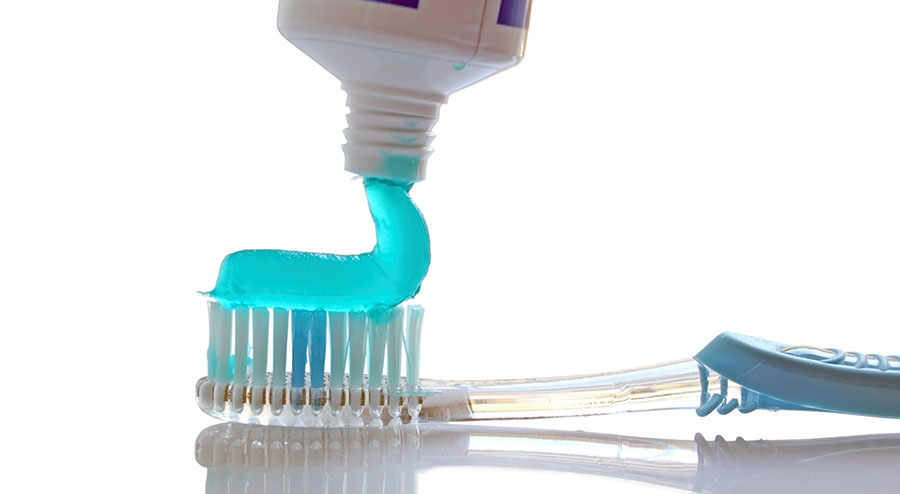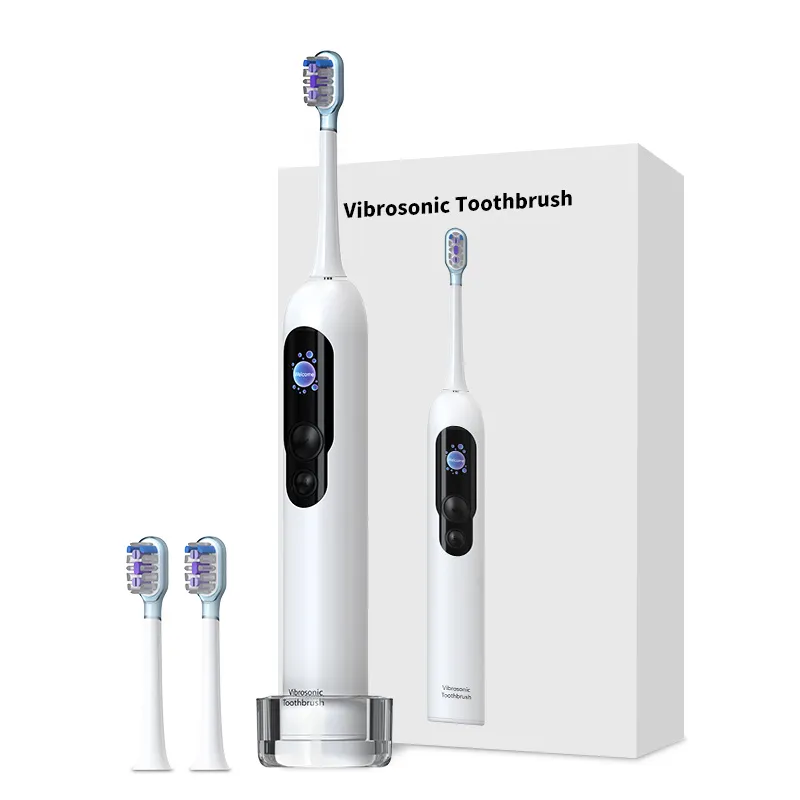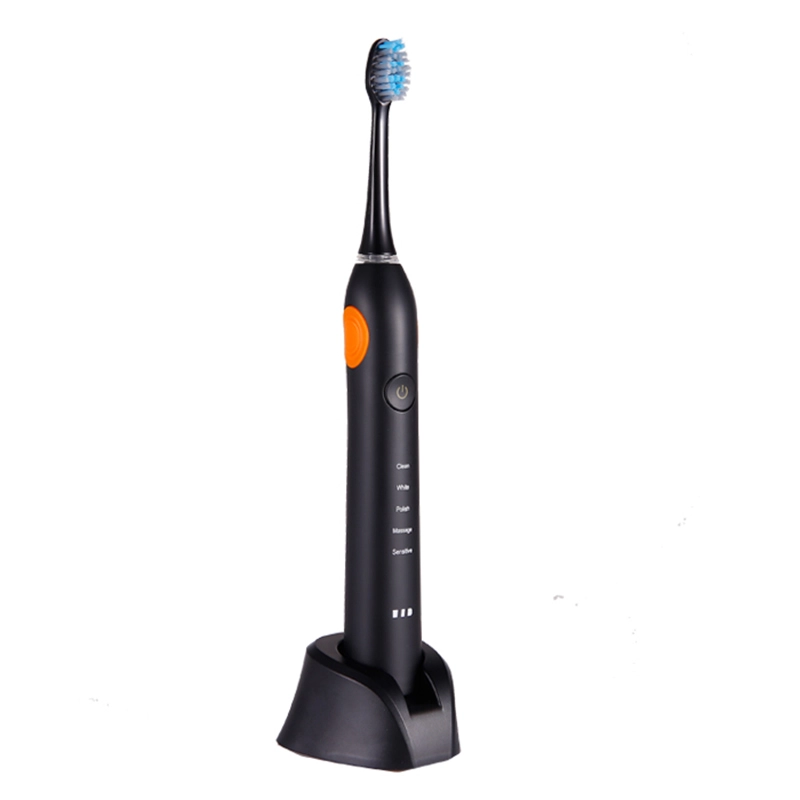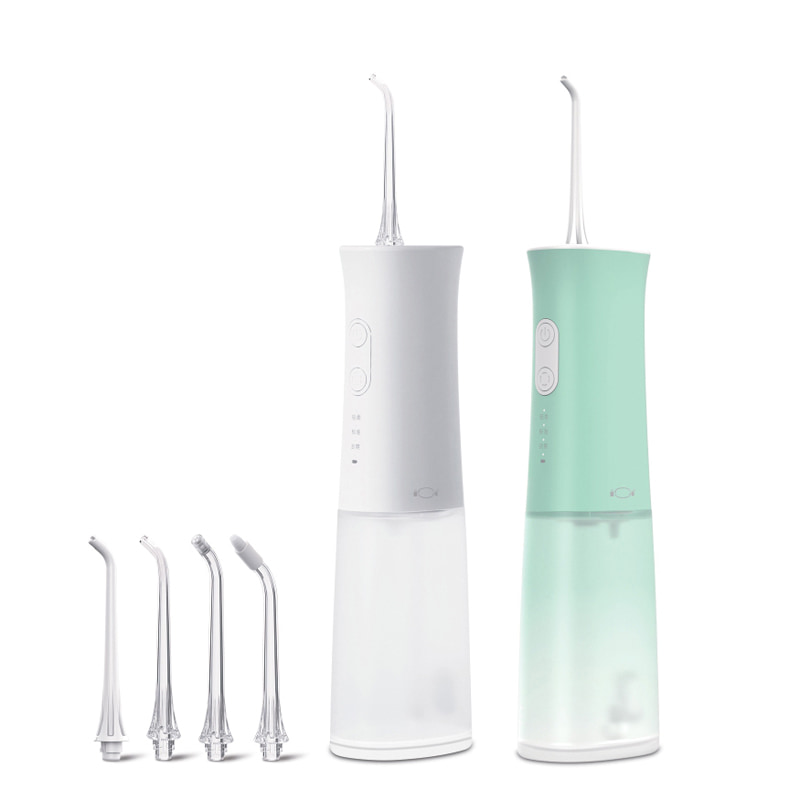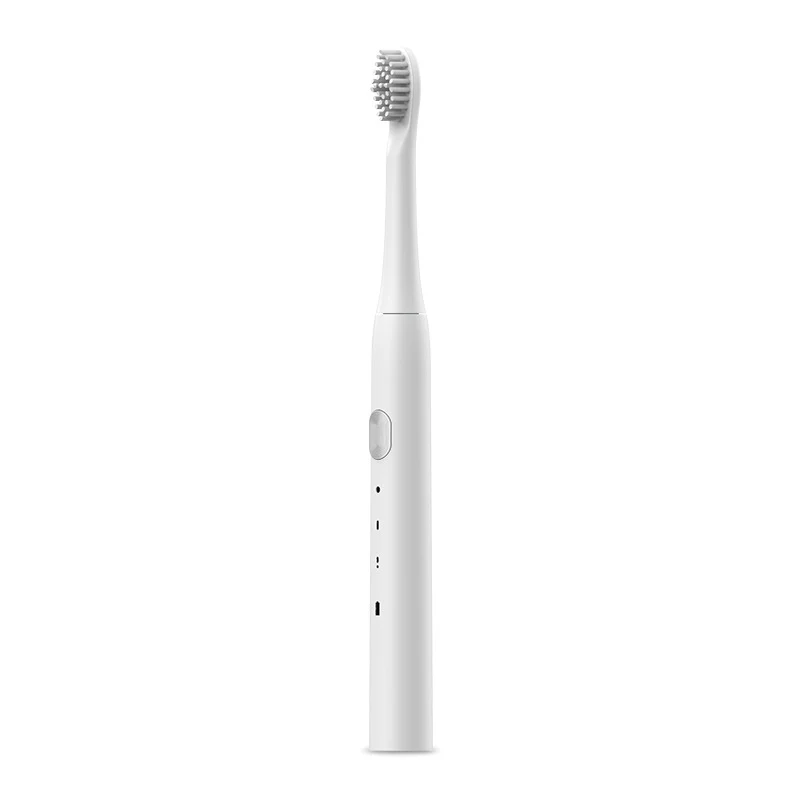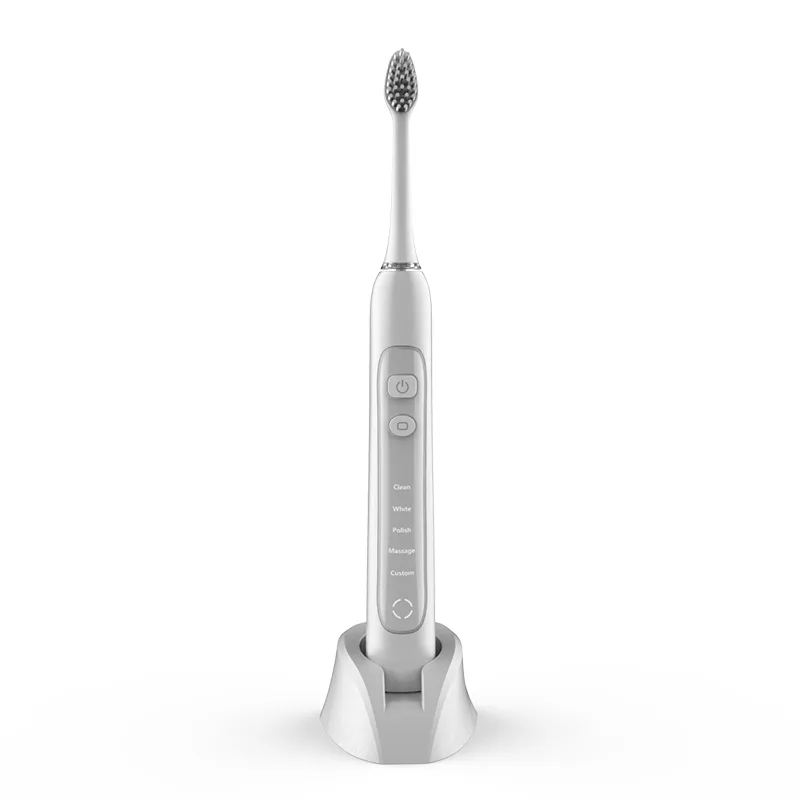Everything you need to know about oral care
1.- Why is it necessary to brush your teeth?
In the mouth, the digestion of food begins, which means that it begins to break down in order to pass to the rest of the digestive system. To start this digestion and break down food into parts, digestive enzymes and other substances that are part of saliva are secreted in the mouth . When food breaks down, bacteria are also produced, these are also necessary in the digestion of the same and are responsible for the production of acids, however, if these bacteria remain in the mouth for too long, they form dental plaque.
The dental plaque sticking to teeth, and is in turn responsible for the damage to teeth and gums.
That is why it is essential to remove it daily with tooth brushing. Also using paste, interdental floss and / or mouthwash.
An excess of dental plaque accumulates between the gums and teeth, ending up infecting and causing bleeding of the gums, and ultimately infection and even loss of the tooth.
Cavities can appear, bacteria will destroy tooth enamel and actually destroy the tooth until it disappears.
Halitosis, a problem of poor oral hygiene, can also occur. It is the smell produced by bacteria and food debris in the mouth.
And diseases in the body and poor health can occur due to poor oral hygiene. They can cause diseases in other organs, from problems like migraines, general infections or liver damage.
2.- Brush our teeth
It is important to brush your teeth to remove dental plaque, but it is equally important to do it correctly. To do this, we must follow specific guidelines:
- Place the brush at a 45º angle between the gum and the tooth.
- They should be brushed for two to three minutes.
- Move the brush through the internal and external part of the tooth and in the part that we chew, the bristles of the brush must be continuously in contact with the tooth.
- The vertical movement must be from top to bottom.
- We should brush our teeth at least twice a day, if we cannot brush our teeth after each meal, rinse even just with water, with this we will be able to eliminate loose food remains that could be a substrate for bacteria.
In fact, studies indicate that plaque re-forms on teeth three to four hours after brushing.
- Once brushed, it is advisable to also clean the tongue, many bacteria can live in it and we will largely avoid bad breath.
It is advisable to use both dental floss and interdental brushes to be able to properly clean the spaces between the teeth. The dental floss must be taken between the fingers and go from the inside to the outside and up the gum and down again, in a lateral movement.
People who wear dental braces must be extremely hygienic , since it is much easier for food debris to accumulate between the irons and rubber bands and for plaque to be more difficult to remove. That is why it is necessary to use specific brushes for brackets, in which the bristles have different lengths, it is very effective to use mouthwash with each brushing.
People who wear false teeth should clean with tablets or fluids indicated for this, for a few minutes and then brush them before putting them back on. These parts are especially sensitive to causing halitosis.
3.- Mouthwashes
The mouthwashes are not essential but are very useful and are a further aid in oral hygiene. They help neutralize bacteria in the mouth and plaque , and it also helps to remove possible remains of food that do not go well with brushing.
Fluoride-containing rinses are also helpful in preventing cavities, although they are not recommended for children younger than 6 years old.
When there are infections or inflammation of the gums with or without bleeding, it is appropriate to use rinses that contain chlorhexidine, an antiseptic that helps eliminate bacteria.
Although while using it, it is normal for the teeth to darken somewhat, an effect that is eliminated when it is stopped using. In addition, they are important if you suffer from halitosis, as they leave your mouth fresh.
4.- Electric or manual brushes
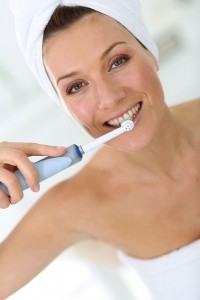 There are many types of brushes and each one has its own more or less special characteristics; some with moving heads, others with angled, straight bristles, different colors, with more or less large heads ...
There are many types of brushes and each one has its own more or less special characteristics; some with moving heads, others with angled, straight bristles, different colors, with more or less large heads ...
Although there is no one brush that is really the best than the other, all manufacturers have their own theories.
The most important thing is that they are able to reach all parts of the mouth and that it is simple to handle, that it is the easiest to use.
The bristles of the brush must be rounded to avoid damaging the gums and the strength of the brush or the hardness of the brush should not be very hard since it can also damage the gum, although enough to eliminate the plaque.
Brushes should be changed when the bristles start to be deformed and you cannot reach the teeth properly. In addition, an old toothbrush is a accumulation of bacteria that can cause infections such as gingivitis and periodontitis, so they should be changed at least every three months. And every time you have gotten sick or suffered some kind of infection, such as a simple cold, you also have to change.
Regarding electric toothbrushes, it is not that they are better than the manual ones, although they do facilitate the work of passing the brush more or less times the brushing. In fact, if the brush turns or oscillates, they will be more passes than what a person does manually, however it does not mean that it removes the plaque better, or not. Although the fact of having a new electric toothbrush, many times, induces to brush more often.
Some people, like those with reduced mobility, electric toothbrushes are very useful. Also in people who use braces they can be more useful.
However, because the cost is higher, heads are sometimes not changed often enough and this can be negative . It is important at least that they are cleaned every time.
5.- Toothpastes:
It is important to use toothpaste when we brush our teeth, the plaque is very sticky and is strongly adhered to the teeth, and the paste helps to remove it.
Toothpastes in general contain active ingredients that are beneficial for dental health, such as fluoride to prevent cavities, calcium to strengthen teeth, natural antiseptics such as tea tree oil or disinfectants such as chlorhexidine.
The toothpaste helps to polish the teeth and eliminate possible stains that can accumulate, if we did not use toothpaste, little by little, the hygiene would be worse and the stains would increase and the teeth would darken.
Toothpaste, although it is not the most important reason, also helps improve breath, freshen the mouth and leave a feeling of cleanliness.
How should we choose the toothpaste? Which one is the most appropriate?
It is preferable to buy pasta by its composition than by the brand , although obviously like many cosmetic items, advertising and packaging greatly influence the decision to buy one paste or another.
If we want a toothpaste that cleans well and protects teeth from cavities, it should contain fluoride, regardless of whether it is in gel or paste or whatever flavor it is.
If we have dental hypersensitivity to cold or heat, there are especially desensitizing pastes that contain potassium nitrate or strontium chloride, blocking the channels that connect with the nerves. To be effective, they must be used for at least a month.
Other pastes are whitening, help remove stains, may contain baking soda or hydrogen peroxide, as well as enzymes that remove stains.
To prevent plaque from sticking to teeth, pastes often contain pyrophosphates .
About the amount of toothpaste to use
If we watch the TV commercials, we will check that they fill the brush with paste. It really is pure image and marketing, we do not need to put so much paste on the brush , with a little paste (half of the brush) is enough, in fact, once we are using it, the paste emulsifies and forms enough foam to clean and cover the teeth well.
As a professional manufacturer of electric toothbrush and oral irrigator / water flosser, Shenzhen Relish provides various types of electric toothbrush wholesale and OEM customized services. You can also wholesale water flosser from Relish at factory price. We can provide you highly competitive prices and look forward to working with you.

- All comments(0)

 日本語
日本語 Español
Español Deutsch
Deutsch 中文
中文